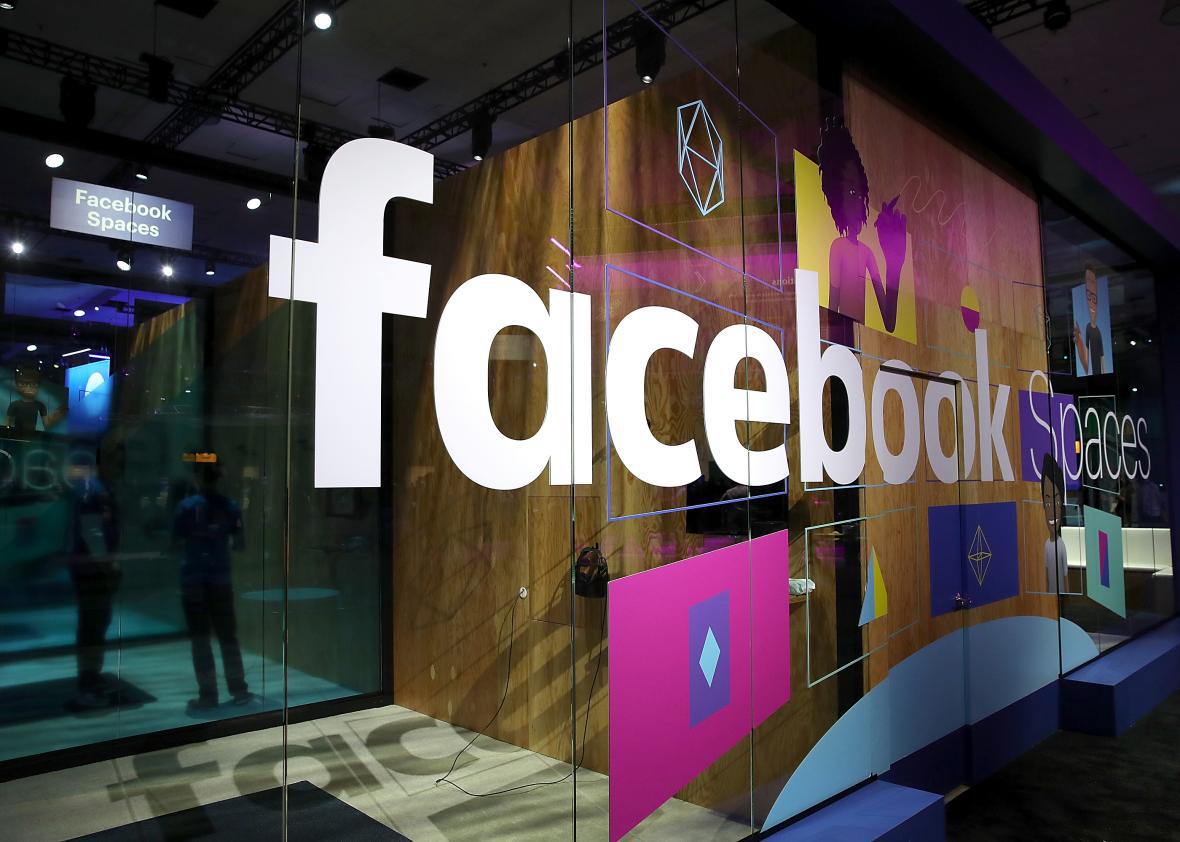Nearly a year after a U.S. election tainted by fake news and Russian interference, Facebook announced Friday that it’s beginning to implement a slew of new policies aimed at making its ads more transparent.
Some of these policies were first announced, or at least hinted at, earlier this month. Those include shining light on “dark posts” that could only be viewed by the target audience, and the introduction of a requirement that political advertisers verify their identities, as they would in ads in newspapers or on TV.
Others are new: Facebook is following Twitter’s lead in extending its new transparency rules to all ads, not just political ones.
Together, they represent what seems to be a genuine step toward preventing the sort of free-for-all that allowed Russian trolls to potentially reach tens of millions of U.S. voters with divisive, and often false, political messages ahead of the 2016 presidential election. But they also signal just how desperate Facebook and other big internet companies are to avoid new federal regulations on their ad platforms.
Starting next month with a test in Canada, Facebook will add a “View Ads” button to pages that advertise on its platform. Click it and you’ll be able to see all the ads that page is running—including the ones that aren’t targeting you. Previously, “dark posts” had allowed advertisers to hide their ads from all but the specific users they were targeting in their campaigns. By next summer, this policy will be rolled out in other countries, including the United States. That’s in time for the 2018 midterm elections, Facebook noted in its blog post.
Earnest as the efforts may be, the timing strongly suggests that Facebook is responding to pressure from Congress—and trying to get ahead of a possible crackdown. The news comes just days ahead of Nov. 1 hearings in which Facebook, Google, and Twitter will testify before the U.S. House and Senate intelligence committees on Russian meddling in the election. With the tide of public opinion threatening to turn against them, these big internet companies are trying furiously to avoid new federal regulations and are pitching self-regulation instead. No wonder they’re suddenly in such a rush to fix their ad problems.
A tweeted response to Facebook’s latest announcement from Rep. Will Hurd, a Texas Republican who serves on the House Intelligence Committee, suggested the news was well-received in his quarters—but also, perhaps, that Facebook and others have more work to do.
Let’s hope Hurd and his colleagues hold them to this. “Self-regulation” isn’t enough when the stakes are this high.
